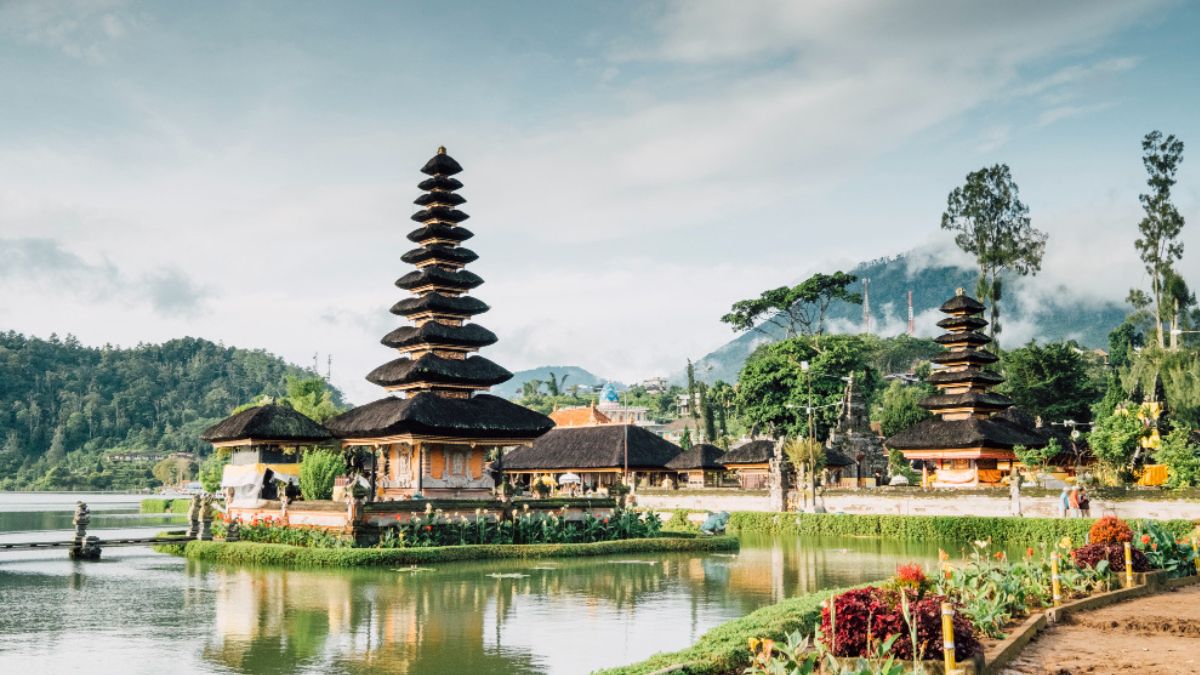Rebahin is more than just a cultural tradition; it embodies the spirit and identity of many Indonesian communities. Rooted in history, this unique practice brings people together to honor their heritage and foster connections. From vibrant rituals to communal gatherings, rebahin holds a special place in the hearts of those who participate. As we delve into its rich tapestry, you’ll discover how these traditions have evolved while remaining steadfastly relevant today. Join us as we explore the significance of rebahin and what it means for generations past, present, and future.
The History and Origins of Rebahin
Rebahin has deep roots in Indonesian culture, tracing back to ancient agricultural practices. Its origins are tied to the rural lifestyle of local communities that relied on seasonal cycles.
Traditionally, rebahin emerged as a celebration after harvests. Villagers would gather to express gratitude for bountiful crops through rituals and offerings. This communal aspect fostered strong bonds among participants.
The name “rebahin” derives from the word “rebah,” which means to lie down or rest. It symbolizes both physical relaxation and spiritual rejuvenation after hard work in the fields.
As time passed, various regions infused their unique customs into rebahin celebrations, creating diverse interpretations across Indonesia. Each locale added its flavor while retaining core traditions focused on community and gratitude.
Traditional Practices and Rituals Associated with Rebahin
Rebahin is steeped in rich traditions and rituals that highlight its cultural significance. One prominent practice involves communal gatherings where families honor their ancestors. These events are filled with storytelling, music, and traditional dances that breathe life into the past.
Another important ritual includes preparing special dishes, often using local ingredients. Food plays a pivotal role during Rebahin celebrations. Sharing meals strengthens community bonds and fosters connections among participants.
Participants also engage in ceremonial prayers at sacred sites or family graves. This act of remembrance allows individuals to reflect on their heritage while seeking blessings for the future.
Artistic expressions like handicrafts and textiles emerge prominently during this time as well. Craftspeople display their skills by creating unique items inspired by ancient patterns, thereby preserving artistic traditions for generations to come.
The Role of Rebahin in Indonesian Culture
Rebahin holds a special place in Indonesian culture, intertwining spirituality and community. This event serves as a vital expression of collective identity, bringing people together to honor their ancestors.
During Rebahin, families gather in homes or communal spaces. They share stories that preserve their heritage while fostering connections across generations. This practice strengthens familial bonds and cultural awareness.
The celebration is not just about remembrance; it emphasizes the importance of gratitude for life’s blessings. Participants engage in traditional music and dances that echo the rich history of Indonesia’s diverse ethnic groups.
As different regions adapt customs within Rebahin, unique local flavors emerge. These variations highlight Indonesia’s cultural tapestry and reinforce the significance of regional identities amidst national unity.
This vibrant tradition continues to inspire pride among Indonesians today, symbolizing resilience through changing times.
Modern Adaptations and Changes in Rebahin Traditions
Modern adaptations of Rebahin reflect the dynamic nature of cultural practices. As younger generations engage with traditional customs, they incorporate contemporary elements, making the celebrations more relatable.
Social media plays a significant role in this transformation. Platforms like Instagram and TikTok showcase vibrant visuals from Rebahin festivities, attracting a wider audience. This digital presence fosters a renewed interest among youth who might otherwise feel disconnected from their heritage.
Another notable change is in the rituals themselves. While core traditions remain intact, there’s an infusion of modern music and artistic expressions during ceremonies. These alterations resonate well with today’s audiences while preserving essential spiritual aspects.
Communities are also hosting collaborative events that blend various regional styles of Rebahin. This unification not only strengthens bonds but enriches the overall experience for all participants by celebrating diversity within the tradition.
Controversies Surrounding Rebahin and Its Impact on Society
Rebahin has not escaped controversy, often sparking debates among various communities in Indonesia. Critics argue that some practices are outdated and clash with modern values. They believe certain rituals may perpetuate social inequalities.
On the other hand, advocates of Rebahin assert its cultural significance. For many, these traditions foster community cohesion and identity. Yet, some voices within society question whether adaptations can maintain authenticity while evolving for future generations.
Environmental concerns also arise during celebrations that involve significant resource use or impact local ecosystems. This has led to discussions on sustainable practices within traditional frameworks.
Furthermore, differing interpretations of Rebahin’s meaning sometimes create divides between generations. Older members may feel a strong connection to the past while younger individuals seek relevance in contemporary contexts. Balancing tradition with progress remains a delicate challenge for those involved in preserving this rich cultural heritage.
Conclusion: The Ongoing Importance of Preserving and Celebrating Rebahin Culture
Preserving the rebahin culture is crucial for maintaining Indonesia’s rich heritage. This unique tradition fosters community connections and strengthens family bonds.
Celebrating rebahin allows younger generations to learn about their roots while appreciating the customs passed down through time. It creates a sense of identity and belonging that resonates deeply.
As modern influences reshape lifestyles, safeguarding these practices becomes even more vital. Engaging in rebahin rituals can bridge gaps between old and new, allowing traditions to evolve without losing their essence.
Moreover, showcasing rebahin on global platforms enriches cultural diversity. It invites curiosity and respect from other cultures, promoting understanding in an increasingly interconnected world.
Embracing this legacy ensures that future generations will continue to experience the beauty of rebahin culture, keeping its spirit alive amid change. The vibrancy it brings to society cannot be underestimated; it reminds us all of our shared humanity through celebration and ritual.
FAQs
Rebahin holds a significant place in the rich tapestry of Indonesian culture. This tradition, rooted in history and imbued with meaning, reflects the values and beliefs of various communities throughout Indonesia. As society evolves, it is essential to recognize how traditions adapt while maintaining their essence.
Preserving Rebahin means valuing cultural diversity and fostering community bonds. Its continued practice ensures that future generations appreciate their heritage while embracing modernity. The stories told during these celebrations carry lessons and wisdom from ancestors, making them timeless treasures.
Now let’s address some frequently asked questions about Rebahin:
What is Rebahin?
Rebahin is an Indonesian cultural tradition that involves communal gatherings for rituals or ceremonies. It often focuses on honoring ancestors or celebrating important life events within families or communities.
Where did Rebahin originate?
The origins of Rebahin can be traced back to various ethnic groups across Indonesia, each adding its unique customs and practices over time.
What are some key rituals involved in Rebahin?
Key rituals may include offerings to ancestors, traditional dances, music performances, storytelling sessions, and feasting together as a community.
How has modern life impacted Rebahin traditions?
Modern influences have led to adaptations in how people celebrate Rebahin today. While technology plays a role in changing communication methods during gatherings, many still prioritize preserving essential elements of this cultural practice.
Are there any controversies surrounding Rebahin?
Yes, some debates arise regarding the relevance of ancient practices in contemporary contexts. However, many believe that adapting these traditions helps keep them alive without losing their significance.
Why should we care about preserving cultures like Rebahin?
Cultural preservation fosters identity among individuals and communities alike. Celebrating diverse traditions like Rehabhin enriches our global understanding while promoting respect for different backgrounds.










